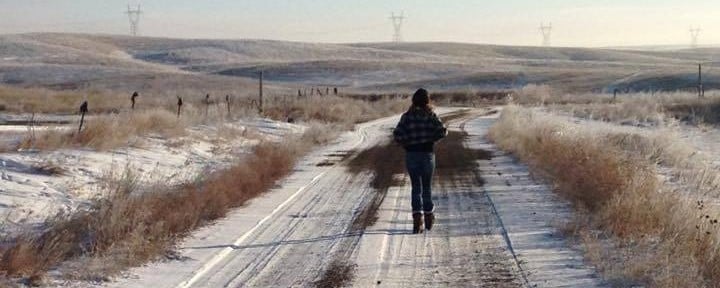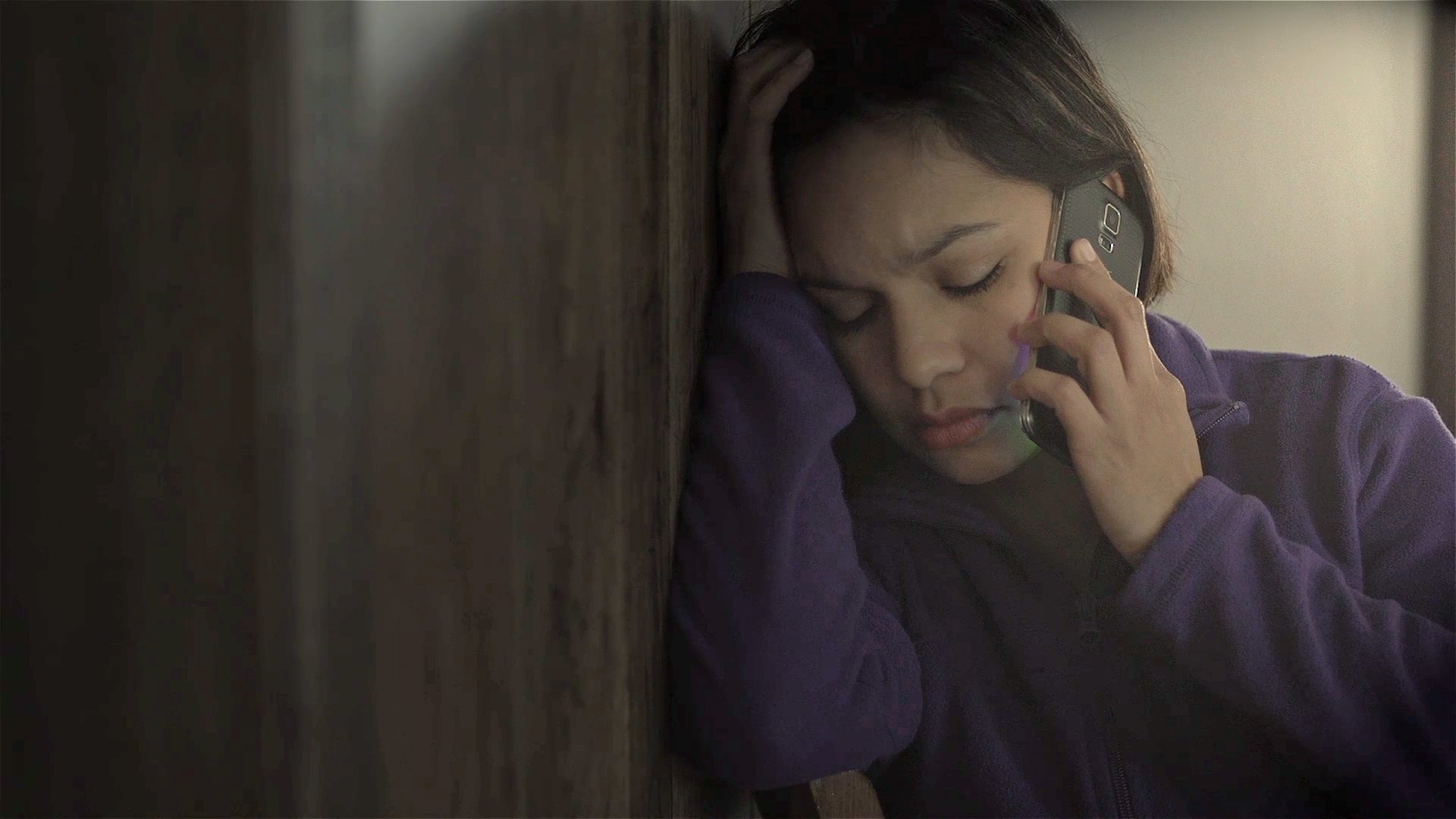Sep 6, 2019 | Talon Bazille Ducheneaux/ShootsTheEnemy
In today's post, Talon Bazille Ducheneaux/ShootsTheEnemy, founder of Wonahun Was’te’ Records, shares about grief in Native American communities and how one special song came to life in the wake of a painful loss.
How do we deal with grief? For many, the woes and trials don’t end when the funeral is over. For some, methods of coping with loss involve prayer and ceremony. For others, reprieve is found in creativity or therapeutic artistic expression. Some go to therapy and other areas of support, but what about communities with little to no access to these things?
Finding Healthy Ways to Cope with Loss Can Be Challenging
Today, far too many underprivileged populations are left with unhealthy coping methods (alcohol abuse, drug use, repression, violence, unhealthy isolation, etc.) to deal with historical trauma and loss simply because what they need is not there, or what is there doesn't fully welcome them due to past mistakes. Too often we see this on the reservations, and that is one of the many reasons that Wonahun Was’te’ Studio exists: to help combat the disparity by providing a safe space for musical and poetic release.
While any place can intend a mission such as this, nobody can predict whether such a space will be successful. Therefore, I was elated that one of the studio’s first official releases, made before the studio was officially established, involved a topic that dealt with the loss of a loved one.
Remembering Jvon Justice Shields through Song
On July 2, 2018, Jvon Justice Shields of Fort Thompson, South Dakota [SD], passed onto the spirit world. He was only 17. When I first heard the news, I was in Ashland, Montana [MT], visiting my sister. That night, I read the posts and cried myself into prayer. While I had not known Jvon [referred to by friends/family as J-Boog], I felt the pain that my younger relatives were feeling. For us, loss of a peer is common, intergenerational.
Many of us grow up wondering what our best friends might have looked like as we age. We yearn to laugh with them again, to play with them again, to experience life with them again physically at our side. Even though we know that their spirits are always with us after they leave, the pain is still there, and the devastation is more vivid than anything imaginable.
I scrolled through Facebook and found my cousin Royce Howe, Junior's post of himself singing a prayer song into his phone. After a verse of harmonizing, the words came:
“I really miss you so
Tell me, why’d you have to go?
Sitting here in sorrow
Please watch over me, bro”
These beautiful lyrics rang through me. The words captivated familiar thoughts and feelings of this type of grief. As we sit in our woes, we talk to our relative and ask them to now watch over us from the Spirit World.
"Like so many others, he too was hurting."
I was so proud of my cousin posting his song. Of course, his voice was enough to move anyone listening, but so too was the strength and power Royce showed. Doing anything while undergoing grief is a hard thing to do, but to go as far as singing a tribute song that soon after news had spread was very commendable and selfless in my eyes. Not only would this help him heal, but others, too.
Another young artist close to Jvon is Robert Johnson [Bobby J]. As I continued to scroll down my newsfeed, I saw the posts from Robert and how this was a hard loss for him as well.
I had a lot on my mind in Ashland—often, in times like this, I yearn to wash the troubles away for everyone. I don’t like to see people hurting, but also I understand that death is a normal part of life. It’s just that it occurs so much for our people. My father once told me in the moments of his grieving, “You know, I don’t think I ever get a month, or even a week, where I’m not losing somebody anymore. Isn’t that crazy? Most of my friends are dead, even though we’re only in our 30s and 40s.”
Crafting a Song Out of Our Grief
I decided to utilize the inspiration my cousin Royce brought forth with his song. With his permission, I took the vocal and constructed an instrumental around it. For various reasons, I added things like rattles and screeching red-tail hawks, coupling them with the traditional hip-hop motifs found in most rap songs.
Upon returning to Fort Thompson, SD, I played the finished instrumental for Robert, the beat that I had made with Royce’s consent. He listened, thought for a while, and began writing a verse about what was going through his heart and mind. An older cousin, Dust Harrison and I sat with him in my car and helped coach through the writing process. We gave him tips on how to keep his cadence fresh and fluid. Soon his portion of the song was completed and recorded.
In the completed work entitled, “Watch Over Me,” Bobby J’s verse serves as a tale of his experience of loss. Like Royce, he shares the memories of Jvon and the hurt he had been feeling. Towards the end of the song, though, this mood changes to motivation:
“In the visions up ahead,
I will do this all for you, that’s a bet.
I ain’t got nothin’ to lose,
I will take every step”
For Those Who Are Hurting, May Music Help You Heal
To me, the song serves as a dear tribute to Jvon by some of those who love him. What it also signals is an example of young people dealing with the trauma of loss in a healthy manner. Through the lyrics, we sonically hear the sorrow and feel the pain from both singers. Their act of song-making showcases one of many ways we all can heal from our losses. I am honored to have taken a small part in the song’s conception.
To those who are hurting, I hope that my young brothers’ song helps you cry and heal—that’s what it’s meant for. As intended by the artists, this dedication to Jvon prays for everyone, including their relative who made his journey to the Spirit World.
To learn more about Wonahun Was’te’ Records, read more about Talon's own journey to found a studio dedicated to recording Native American artists. The complete works: https://soundcloud.com/wonahun.
Want to understand better the unique challenges faced by Native Americans? Check out our resource How Trauma Gets Passed Down Through Generations to learn more.




COMMENTS